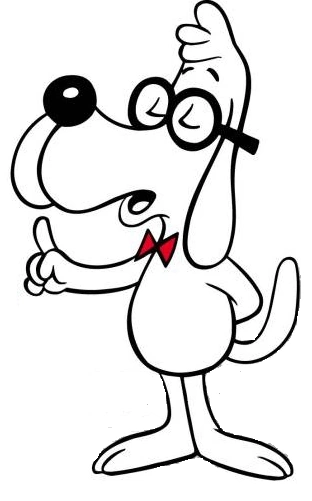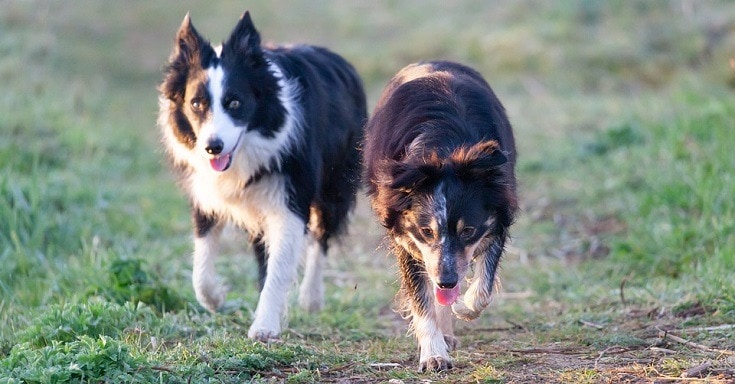Do Boston Terriers Drool a Lot? Breed Facts & FAQ
Updated on
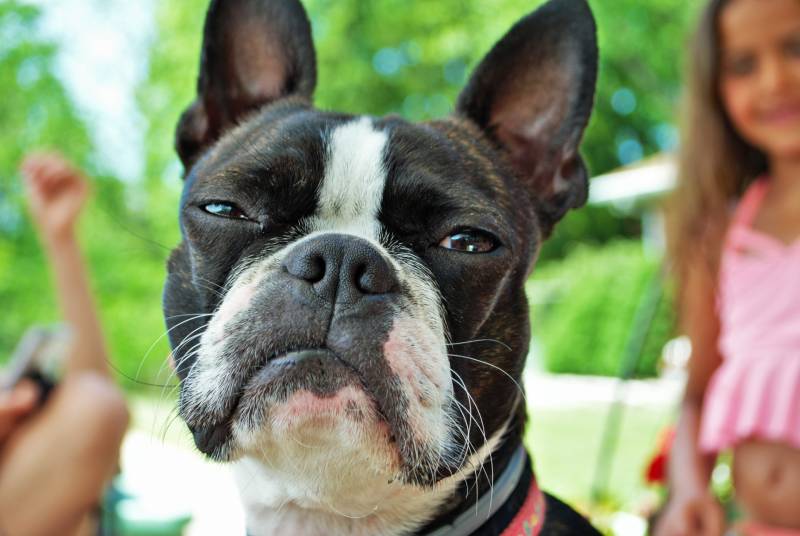
The sprightly and instantly recognizable Boston Terrier makes a charming companion. Their black-and-white “tuxedo” coat, friendly temperament, and compact size make them a popular pet, particularly for those living in cities.
If you’re thinking of adding a Boston to your family but are wondering if they tend to drool, you’ll be pleased to learn that this breed is not known to be a drooler. However, that trait does depend on the individual dog.
Here, we discuss a few of the factors that can make a Boston Terrier drool more than usual and what makes other breeds drool as much as they do.
What Makes Dogs Drool?
Many dogs drool when they see food heading their way. The saliva comes from salivary glands in their jaw and neck and is produced to help dogs digest their food. When you’re prepping their dinner, many dogs will drool in anticipation.
Certain breeds of dogs are more prone to drooling. Specifically, dogs with large and floppy lips, such as Mastiffs and Saint Bernards, can have saliva gather and pool in the folds of their skin. But drool can sometimes happen for medical reasons.
Giving your pet a quick bath is much easier using wet wipes, but you do need to make sure they're safe for your pet's skin. Our gentle, effective Hepper Wash Wipes are hypoallergenic and made with natural, moisturizing ingredients. Manufactured in the USA, these convenient wipes are safe for cats and dogs of all ages, sizes, and breeds.
- Gentle Care For All Pets - Infused with moisturizing hypoallergenic ingredients & enriched with...
- Deep Cleans From Head to Tail - Tackle the toughest dirt & messes with our extra strong pet wipes...
Why Do Boston Terriers Drool?
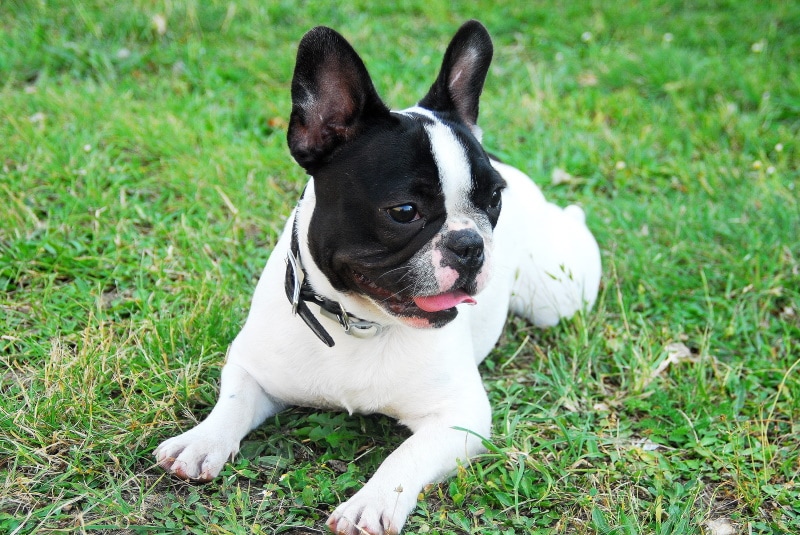
Boston Terriers aren’t known for drooling and certainly not at the same caliber as St. Bernards! But individual dogs will vary: Some will drool more and others not so much.
The Boston Terrier is a brachycephalic breed, which refers to dogs with flat faces and short snouts, including Bulldogs, Pugs, Boxers, and Pekinese. When this type of breed becomes overheated, they will start drooling more than usual. Their shorter nose means they don’t have as long of an airway as other breeds. Therefore, many of these breeds are prone to breathing difficulties.
- Anticipating food
- Excitement
- Overexertion from exercise
- Teething
- Overheated
- Motion sickness
When Drooling Signifies a Medical Problem
If your Boston doesn’t regularly drool that much but suddenly seems to be excessively drooling or drooling at times when you know that they normally wouldn’t, there might be a problem.
Stress
When dogs are stressed and anxious, they might drool; this includes dogs that normally don’t drool. If your Boston is drooling, has dilated pupils and tensed muscles, and is excessively panting, they might be stressed.
Situations that can cause a stress reaction in dogs can be anything from thunderstorms, moving or renovations, a visit to the vet, or a new pet or person introduced to the home.
In these cases, the drooling will stop once the stressful event is over or the dog becomes accustomed to the situation.
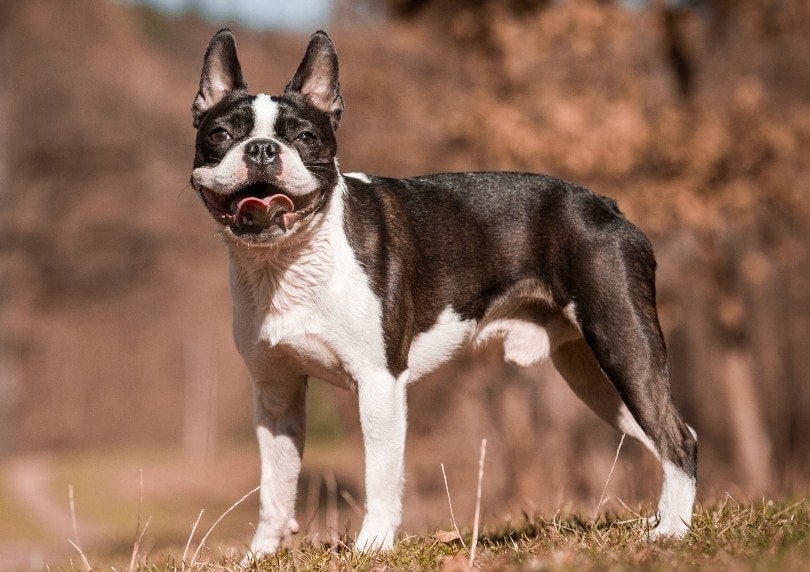
Nausea
Some dogs might drool because of motion sickness, such as while riding in the car, but it can also result from stress and anxiety, as well as eating too much or too quickly.
Temporary nausea due to these causes isn’t usually a reason for concern, but it could be due to another issue, such as gastroenteritis or an upper respiratory infection.
If your dog is drooling for no reason and you suspect that they feel sick, take them straight away to your veterinarian.
Dental Problems
If your dog seems to have mouth pain and bad breath, this can indicate a tooth problem. If a dog has periodontal disease or a tooth abscess, this can lead to drooling.
Mouth injuries, such as a broken jaw or teeth, and foreign objects that get stuck in the mouth can also lead to excessive salivation. The same can be said for dogs that get something stuck in their throat.
Eating Something Toxic
Dogs will sometimes start excessively drooling when they’ve eaten something that tastes nasty (like a stink bug or medication that you’ve administered) or something toxic. Other signs that your dog got into something harmful are dilated or constricted pupils, tearing eyes, sudden diarrhea, and urination.
If you suspect that your Boston ate something toxic, take them to your vet or an emergency clinic immediately. You can also call the Pet Poison Hotline at 855-213-6680 or the ASPCA Animal Poison Control Center at 888-426-4435.
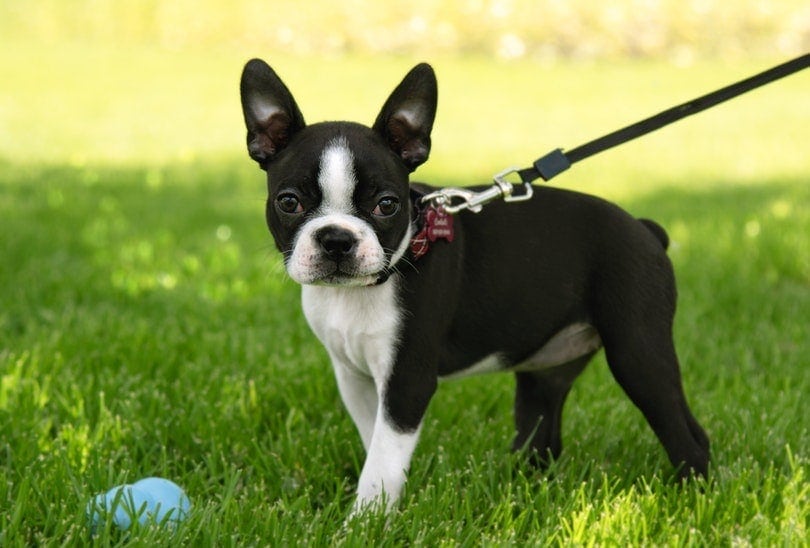
Heatstroke
Dogs are just as likely to suffer from heatstroke as humans are, and this is especially true of brachycephalic dogs. Since they have a harder time breathing, it’s easier for these dogs to get overheated.
Dogs use panting and saliva to cool down, which Bostons have a more difficult time doing because of their flat faces. If it’s extremely hot outside, it’s best to keep Boston Terriers indoors as much as possible.
If a dog is left untreated when suffering from heatstroke, it can be fatal in under an hour, so it’s critical that your dog is given rest, shade, and water if it’s hot.
If you believe that your Boston has heatstroke, take them to an emergency clinic immediately!
What If Your Boston Terrier Starts Drooling?
If your Boston Terrier starts drooling more than usual, there are a few steps that you can take to ensure that your dog is okay.
- Check the mouth: A common cause of drooling is when something is stuck in your dog’s mouth or teeth, so you should check inside their mouth. Typically, when a dog starts pawing at their mouth, there’s a chance that there’s something stuck in that area.
- Check the teeth: Take a close look at your dog’s teeth and gums. Look for any bleeding, inflammation in the gums, or any teeth that look like they are rotting. Dogs need their teeth brushed at least once or twice a week, as this will help prevent periodontal disease. You can also keep an eye on their mouth and recognize when something is wrong.
- Keep them cool: If it’s hot outside, do not let your dog overexert themselves. Make sure you have water handy, and get them out of the heat as soon as possible.
- Look for other signs: Drooling is perfectly normal for dogs for the most part. But if your dog is drooling and is showing other concerning signs, take them to your vet as soon as possible.
Conclusion
Dogs drool for many different reasons, most of them being normal and nothing to worry about. But if your dog starts drooling excessively and there isn’t any reason for it that you can see, speak to your vet.
Bostons don’t tend to slobber as much as other breeds do, so if you have your heart set on one of these dogs, you won’t have to worry about vast amounts of slobber. But even if your Boston does drool, you’re lucky to have them, anyway!
Featured Image Credit: Picture This Images, Shutterstock




